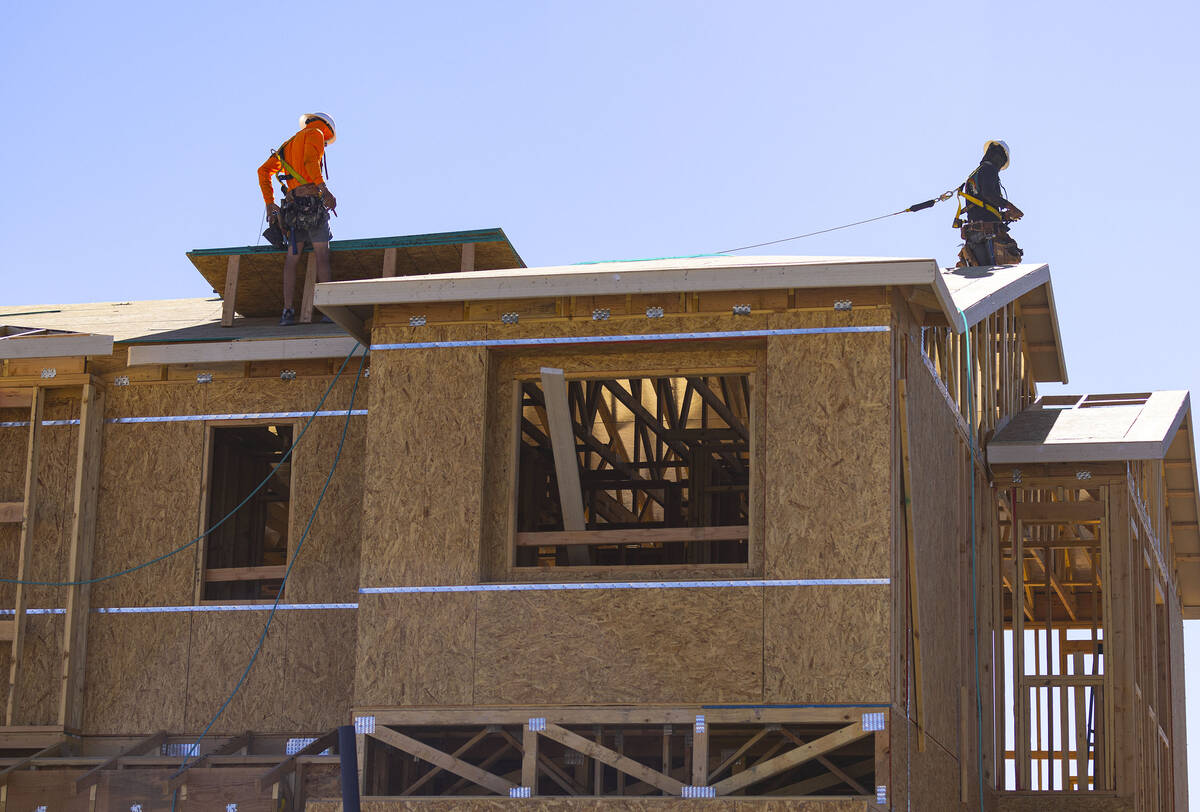California’s leaders will readily acknowledge their state needs more housing. But they haven’t succeeded in cutting down the thicket of regulations that limit construction.
In 2017, then-gubernatorial candidate Gavin Newsom promised to “lead the effort to develop the 3.5 million new housing units we need by 2025, because our solutions must be as bold as the problem is big.”
At the end of last year, the San Francisco Chronicle reported that, from 2019 to 2023, just 650,000 new homes had been permitted, and not all those homes were built.
While home prices have risen throughout the country, California’s prices are exceptionally high. Redfin reported that the median single-family sale price in California was more than $865,000 in July.
The aftermath of January’s devastating Palisades Fire in Los Angeles provided another example of this. Around 17,000 structures burned down. It took Los Angeles around two months to issue its first building permit. According to the city’s permitting progress dashboard, it has issued 307 building permits so far. Around 1,400 building permits are in process.
These numbers show something is awry. But the dysfunction is even more apparent when you zoom in.
Consider the Yu family, who live in a 1,000-square-foot home in East Palo Alto, California. Wesley Yu and his wife have a 3-year-old daughter and want more space for when family visits. They own an adjacent lot where they want to construct a new home and small guesthouse. One might think that city officials would be eager to help facilitate this effort to create more housing.
Nope. The city has an Inclusionary Housing Ordinance that requires all residential projects with fewer than five units to include one unit as “affordable housing.” That is defined based on income, which means members of the Yu family probably wouldn’t be allowed to live in one of the residences they want to build. Further, the city would deem the guest quarters, officially called an “accessory dwelling unit,” to be a rental, which can’t be empty for more than six months.
The Yu family’s other option is to pay an in-lieu fee of almost $55,000.
If private entity acted this way, the government would be investigating it for extortion.
“The Supreme Court has repeatedly made it clear that the government can’t force people to give up their property rights in exchange for a permit,” the Pacific Legal Foundation wrote about the Yu’s predicament. The foundation is representing Mr. Yu in a legal case challenging East Palo Alto’s housing ordinance.
Californians concerned about increasing the supply of housing should hope Mr. Yu’s case succeeds. They should also elect politicians who will remove barriers to new housing, not erect new ones.
